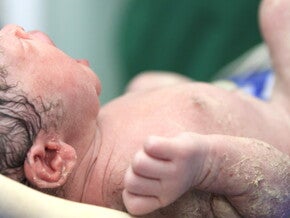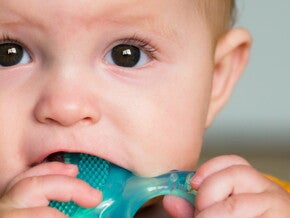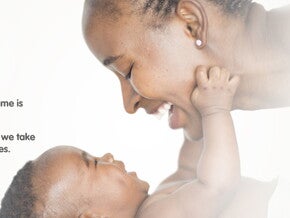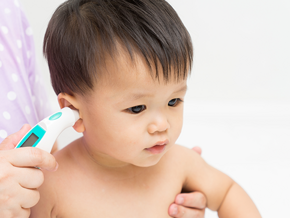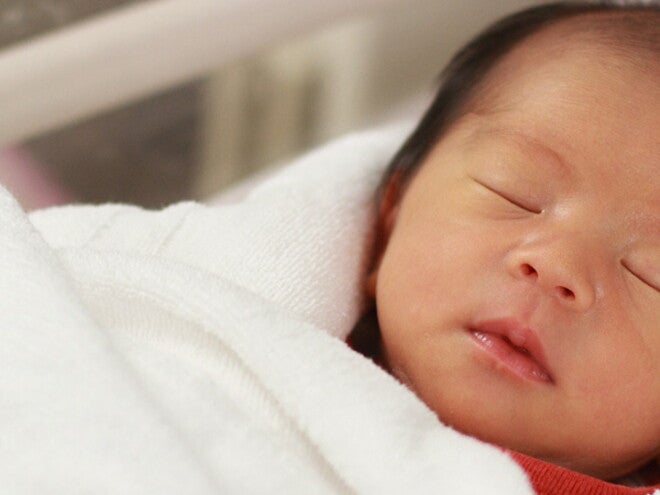
Understanding the different states of sleep and wakefulness and how each individual baby differs in moving from one state to another – some smoothly, others more abruptly – can help you determine how best to care for your baby.
- On average, newborn babies sleep between 9–18 hours in a 24 hour cycle, with the longest stretch of sleep usually being no more than 4–5 hours.
- Between five weeks and three months, your baby’s sleep periods at night may increase.
- Between 3–8 months she may sleep from 10–12 hours at night with two short periods of sleep during the day.
Six states of sleep and wakefulness
Deep sleep with rhythmic breathing: Don’t disturb.
Light sleep or rapid eye movement (REM) sleep: Eyes may move behind closed lids, she moves, makes noises, grimaces or smiles. Her breathing will be irregular. She will awake from this state at times or fall into a deep sleep. Don’t disturb.
Drowsy: Heavy-lidded, opening and closing her eyes. Leave her, as she may go back to sleep.
Quiet alert: Focusing and looking around. Take time to interact with her. Sing or talk to her, massage her or do gentle exercises with her.
Active alert: Baby is irritable and fussy, affected by hunger, tiredness, noises and over-stimulation. She will need comforting or feeding. A quick response may avoid crying.
Your 24 hour day
Be realistic with your time. Your newborn baby will occupy your time fully – day and night. Try to rest while your baby rests.
Bedtime routine
- Establish a regular bedtime routine as soon as possible. Your baby must develop her own way of falling asleep, perhaps with a special blanket or teddy for comfort. Be consistent and firm.
- If you and your baby sleep in separate rooms, you are unlikely to sleep through her crying, but may sleep through her restless noises.
- Put your baby in the cot to fall asleep rather than in your arms. This should only take a few minutes, if you have checked that she is not sick or hungry.
- Make every effort to get her used to sleeping through household noises. Don’t creep around to be quiet!
- Your baby may sleep on her side or back. The latest research about SIDS (Sudden Infant Death Syndrome) discourages placing your baby on her tummy to sleep.
- Children under one should never have a pillow. A good, firm mattress that complies with safety regulations is all that is needed.
- Place your baby at the bottom of the crib with her feet touching the end. This enhances the feeling of security.
- Take your baby’s special blanket or toy with you when you go out to make her feel secure in a strange place.
